Back when solar power was just starting to gain traction, many people believed that installing solar panels could actually lower a home’s property value.
The idea was that neighbors might find them unattractive or off-putting. But as it turns out, that assumption couldn’t be further from the truth. Not only are solar panels more popular than ever, but they can also boost your home’s value by 4.1% more, according to this Zillow study.
While the upfront cost of installation can be steep, the savings on utility bills, combined with increased equity and potential tax credits, make solar a smart long-term investment.
Why Going Solar Can Pay Off
1. Lower Energy Bills Are a Major Selling Point
Buyers love the idea of little-to-no electric bills. With energy costs on the rise, a solar-powered home offers long-term financial security—an attractive feature for any potential homeowner.
2. Solar Homes Often Signal Other Upgrades
If you’ve invested in solar panels, chances are you’ve also made other improvements, like energy-efficient appliances or eco-friendly renovations. This can enhance the overall appeal and perceived value of your home.
3. Generous Tax Incentives
Depending on where you live, federal, state, and local governments offer substantial tax credits and rebates for solar installation. These incentives can significantly offset the upfront costs, making solar even more financially appealing.
4. Appeal to Eco-Conscious Buyers
Solar panels often attract buyers who prioritize sustainability. If your neighborhood is filled with environmentally aware residents—think hybrid cars, community gardens, and green living—your solar-powered home will fit right in.
5. Smaller Carbon Footprint, Bigger Demand
More buyers are looking to reduce their environmental impact and reliance on fossil fuels. A solar home not only helps them achieve that goal but can also sell faster and at a higher price.
But Here’s the Fine Print…
While the benefits are compelling, solar isn’t a guaranteed ticket to higher home value. Factors like the type of system you install, your location, the age of your panels, and how well they’ve been maintained all play a role.
Some real estate agents caution that older, less efficient panels might not add much value—and in rare cases, could even be seen as a future expense if they need replacing soon.
That said, instances where solar panels actually decrease a home’s value are virtually unheard of.
The Bottom Line
Solar panels represent more than just an energy upgrade—they signal a commitment to sustainability and modern living. As more homeowners make the switch, installation costs continue to drop, making solar more accessible than ever. Ultimately, increased awareness of renewable energy’s benefits will continue to drive demand—and that’s great news for the value of solar-powered homes.
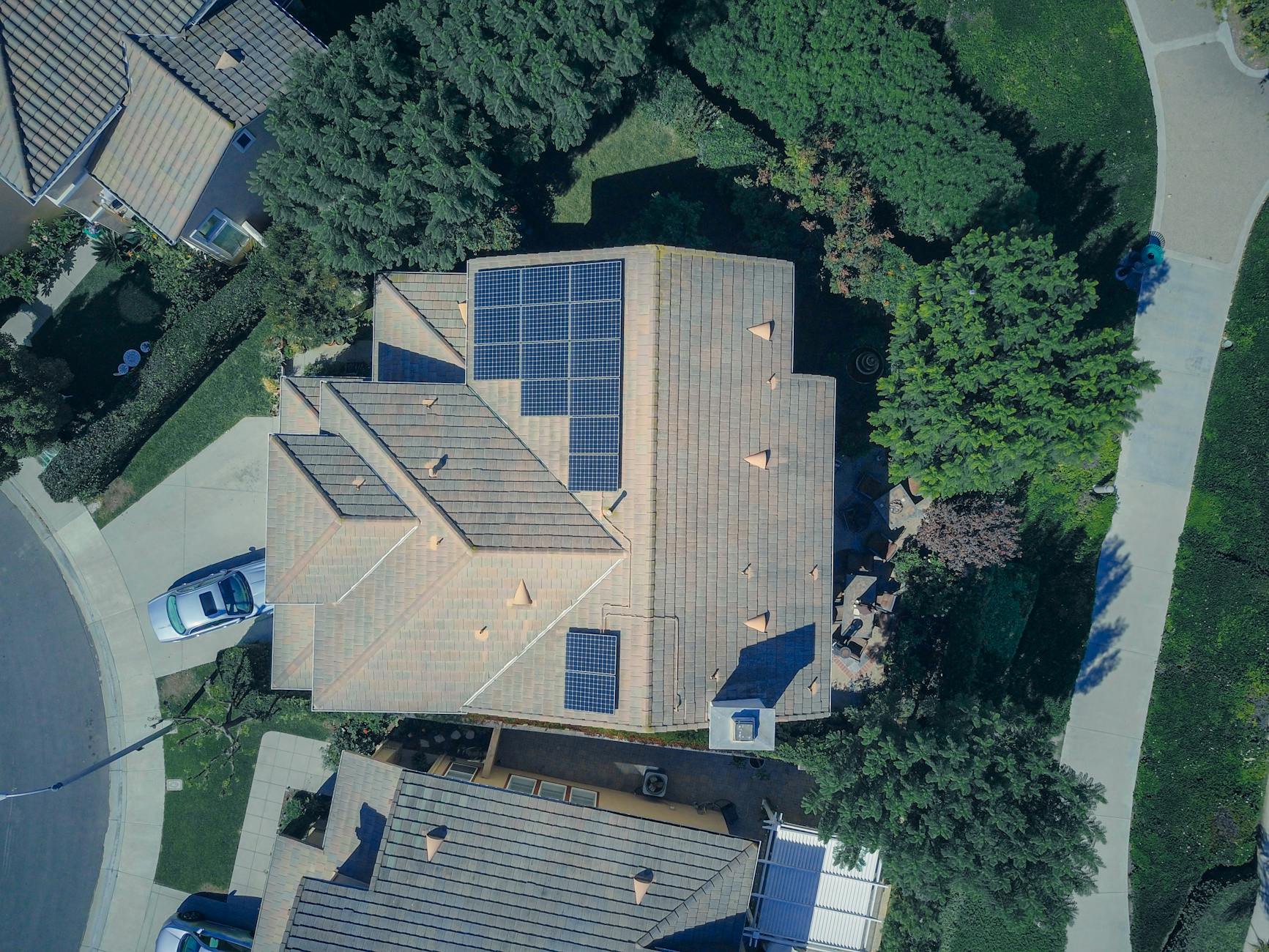
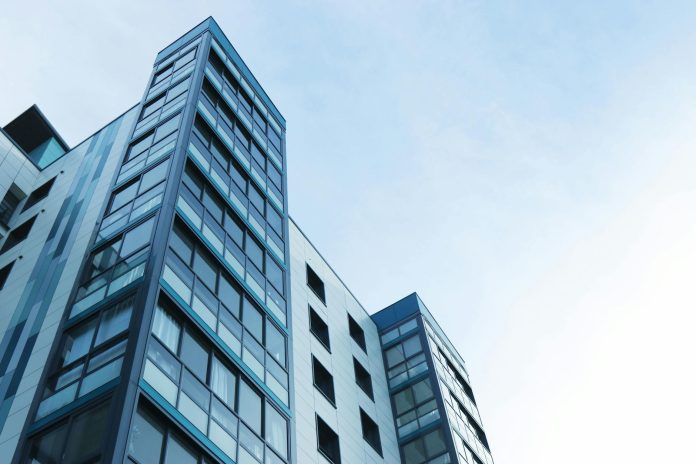
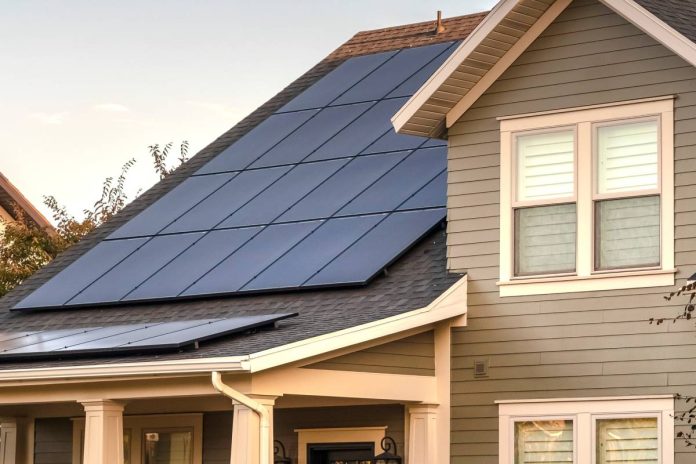
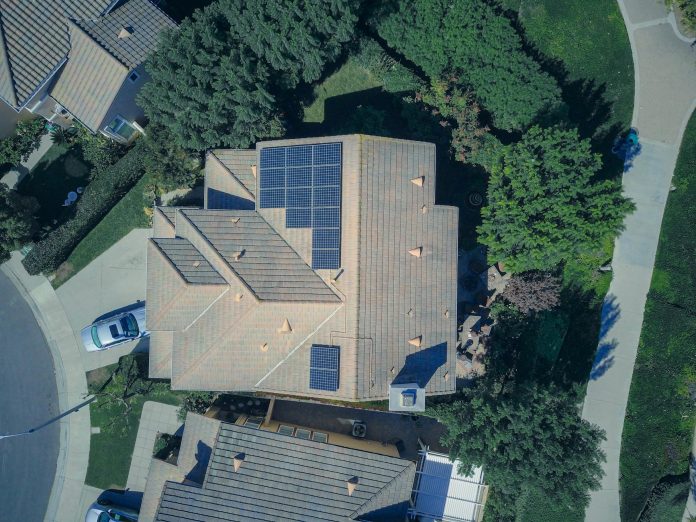





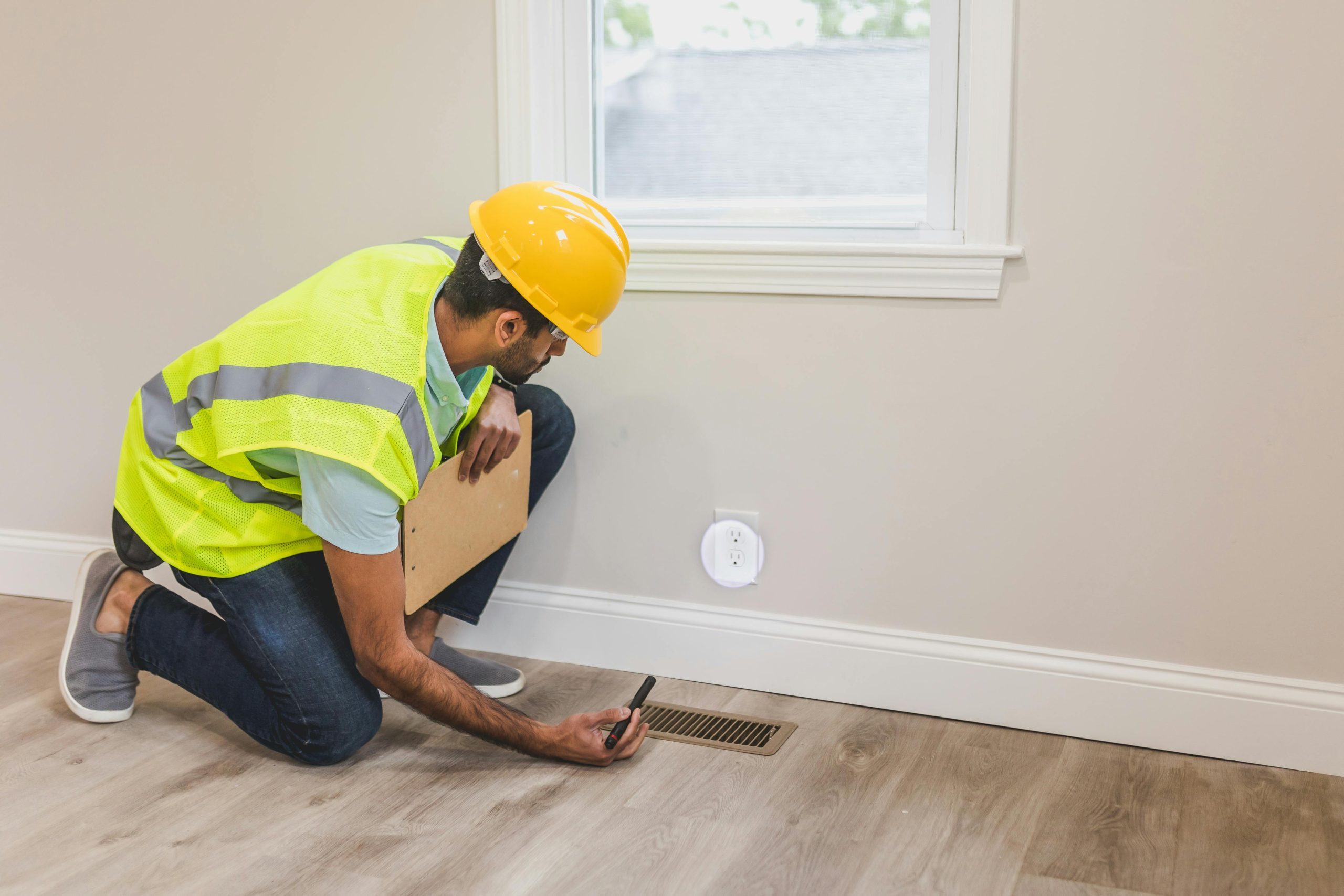

Another thing to add, is that in most states insurance companies (like State Farm) will give you a discount if you install solar on your homeowner’s insurance…because they know the typ of people that go solar take care of their homes and ultimately cost them less in claims.
Butler
Thank you for sharing all this info! By the way, how long will it take for the costs of installing solar panels to pay off? When will the money saved on the bills be equal to the installation cost?